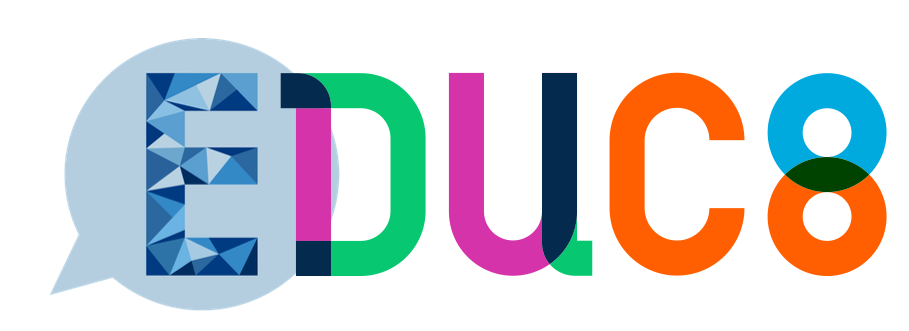Upcoming event
Agent of Societal Change: Religious Education Builds Resilience Against Radicalisation and Polarisation
Final Conference
Day(s)
:
Hour(s)
:
Minute(s)
:
Second(s)
Radicalization towards all types of violence (jihadi, extreme right, anti-semitist etc.) and polarization are two major societal challenges that tear at the social fabric of Europe. Radicals incite to baleful action by framing the status quo as “unjust,” “exploitative,” “oppressive,” or “heretical.” while polarizers work in the opposite direction, inviting society to show no mercy to the different and the differences. Overall, the two symbiotically feed each other and catalyze confrontation.
On another far corner of the field, the proponents of the secularization theory, that have been for long arguing the religions would finally disappear from the face of earth in their battle with modernization processes, have proven to be wrong in their premise. Especially the turbulent Middle East and Europe in the last decade have clearly shown the religions do not disappear but persist, change and adapt to keep their important place among their followers.
Against this background, EDUC8 to Build Resilience Project or EDUC8 in short was conceptualized to vehicle religious education and hence religion to counter pernicious effects of radicalization and polarization. The two-year project that started on 1 January 2020 has been funded by the European Commission. In the past 24 months, a pedagogically well-developed religious education curriculum that includes 45 books, 18 infographics, 18 factsheets, 96 videos have been prepared. The overall curriculum that has students and teachers of Judaism, Catholicism, Islam, Orthodoxy, Protestantism and Non-Confessional Ethics as target group is spread across five languages, namely English, Dutch, French, Slovenian and Greek.
As part of its efforts to communicate EDUC8 solutions to students, teachers, officials, policy makers and general public from all walks of life, and to further share experiences from implementation of the project, EDUC8 Consortium will conduct an online Final Conference on 20 December 2021 (Monday) between 10:00 – 12:00 by participation of all Consortium partners and external guests.
Schedule
20 December 2021
10:00am – 10:20am
Introduction of the EDUC8 Project
Beyond the Horizon ISSG: Onur Sultan, EDUC8 Project Coordinator
10:20am – 10:40am
Appreciation of the “other”: Religious pedagogical reflections
KU Leuven: Didier Pollefeyt, Professor
10:40aM – 11:00am
Shallow Modules: Can They Be Key for Empathy and a Closer Society?
Aristotle University of Thessaloniki: Ekaterini Tsalampouni, Professor
11:00aM – 11:10am
Break
11:10am – 11:30am
In-class Discussion and Socialization: A Game-Changer in Building Bridges
Evangelical Theological Faculty: Jelle Creemers, Professor
11:30am – 11:50am
Break-Out Room Sessions
Room 1: Belgian Experience with EDUC8 and Lessons Learned for Implementation in Diverse Societies
Philip Quarles van Ufford
Room 2: Slovenian Experience with EDUC8 and Reinstating Religious Education for Greater Harmony
Marko Weilguny
Room 3: Greek Experience with EDUC8 and the Value of the Project in Mono-Religious Educational Settings
Christos Fradellos
11:50am – 12:00am
Closing Remarks and Farewell
Speakers
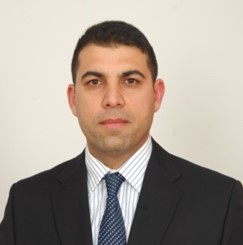
Onur Sultan
Leads Work Package 1: Management and Coordination
Onur Sultan is a Senior Research Fellow at Beyond the Horizon ISSG and Coordinator of the EDUC8 Project. His research tackles political violence, propaganda and strategic communication, and radicalization /polarization.
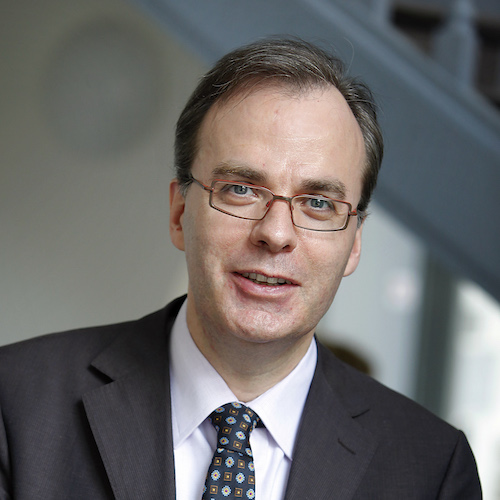
Didier Pollefeyt
Leads Work Package 2: Deep Content Production
Didier Pollefeyt is a full professor at the Faculty of Theology and Religious Studies of KU Leuven, Belgium. He holds the Chair of the Center for Teacher’s Training in Religion and the Center for Peace Ethics of KU Leuven. He teaches religious initiation, communication and formation, didactics of religion and post-Holocaust Jewish-Christian relations. He is responsible for the didactical website Thomas for religious education in the Low Countries and promoter of the international research group on Enhancing Catholic School Identity (ECSI).
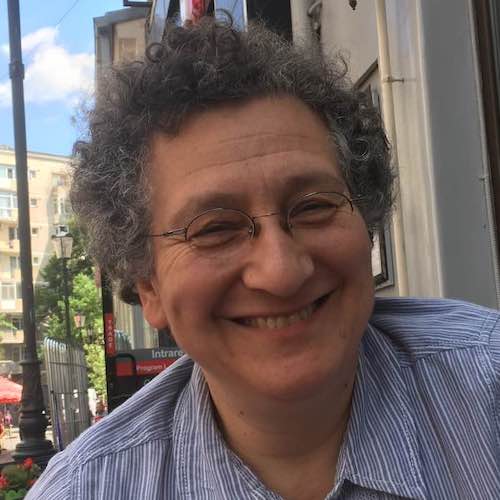
Ekaterini Tsalampouni
Leads Work Package 3: Shallow Content Production.
Ekaterini Tsalampouni is an associate professor at the Faculty of Theology of Aristotle University of Thessaloniki. She teaches New Testament exegesis and theology. Her research focuses on the socio-historical background of the New Testament, exegesis of the Gospels and Pauline letters as well as ecological hermeneutics and gender theory.
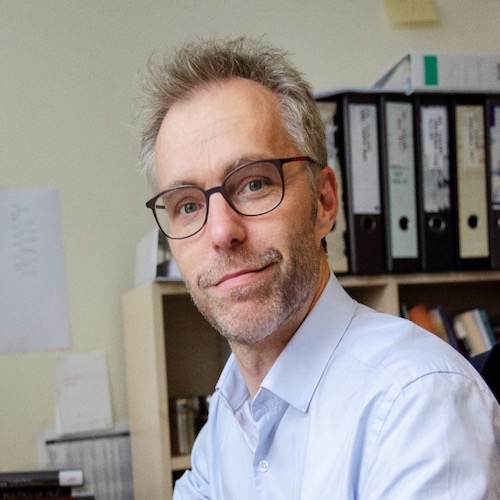
Jelle Creemers
Leads Work Package 4: Socialization.
Jelle Creemers is Associate Professor at the Evangelische Theologische Faculteit in Leuven, Belgium. He is the Chair of the Department of Religious Studies & Missiology and coordinates the Institute for the Study of Freedom of Religion or Belief. His research and teachings focus on religion-state relations and the positions of minority religions in Western Europe. He is a member of Comité PEGO, the committee responsible for Protestant Evangelical Religious Education in Flemish primary and secondary schools.
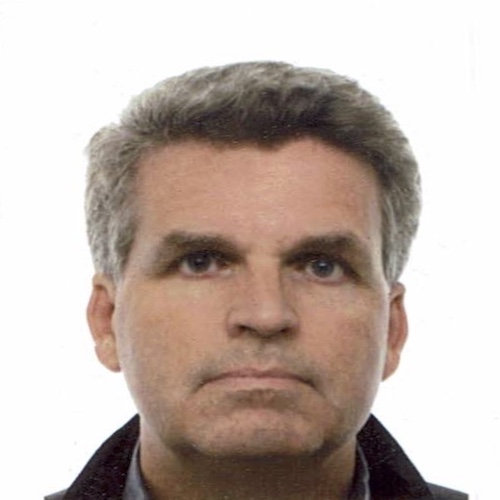
Philip Quarles van Ufford
Philip Quarles van Ufford is a teacher of protestant religion in the PHTI, the secondary school EDUC8 was implemented in Gent, Belgium. He studied Theology at Leiden University (bachelor) and got his master’s degree at ETF Leuven. He is currently a teacher of protestant religion in different schools in Flanders and prison-chaplain in Oudenaarde. He is also active in Christian reconciliation-ministry Africa-Europe.
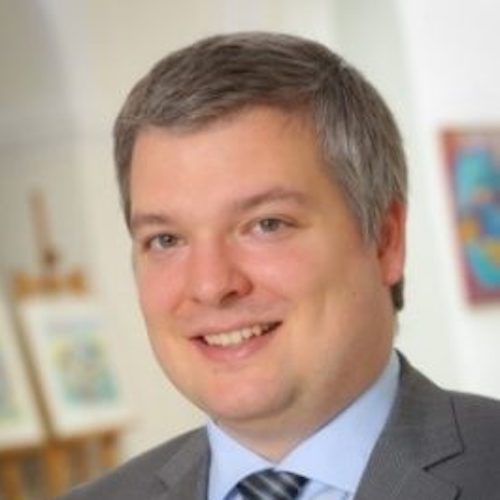
Marko Weilguny
Marko Weilguny works at the Faculty of Theology at the University of Ljubljana. He was responsible for parts of the adaptation of the developed materials to the Slovenian context and their implementation in the field trials. In addition to his work as a researcher at the faculty, he has been the international coordinator for a large school centre in Ljubljana. His fields of research revolve around education.
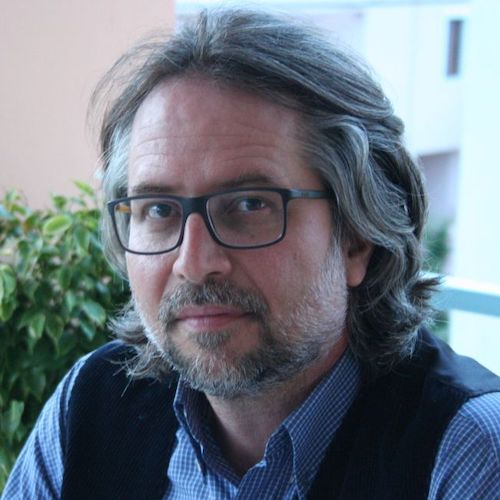
Christos Fradellos
Christos Fradellos is a teacher of Orthodox religion in 1st Experimental Junior High School of Chania (Crete), where the EDUC8 Project is currently being implemented. He holds MTh degrees from the National and Kapodistrian University of Athens (Greece) and from Neapolis University of Paphos (Cyprus). He is also an associate for Religious Education in Volos Academy for Theological Studies. He is the author of the book: Islamic Brotherhoods in the Ottoman Crete.

